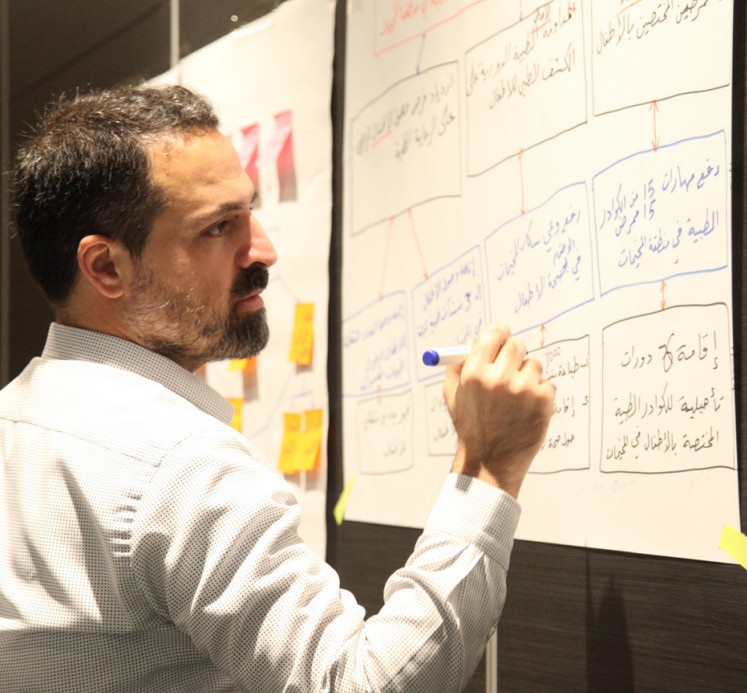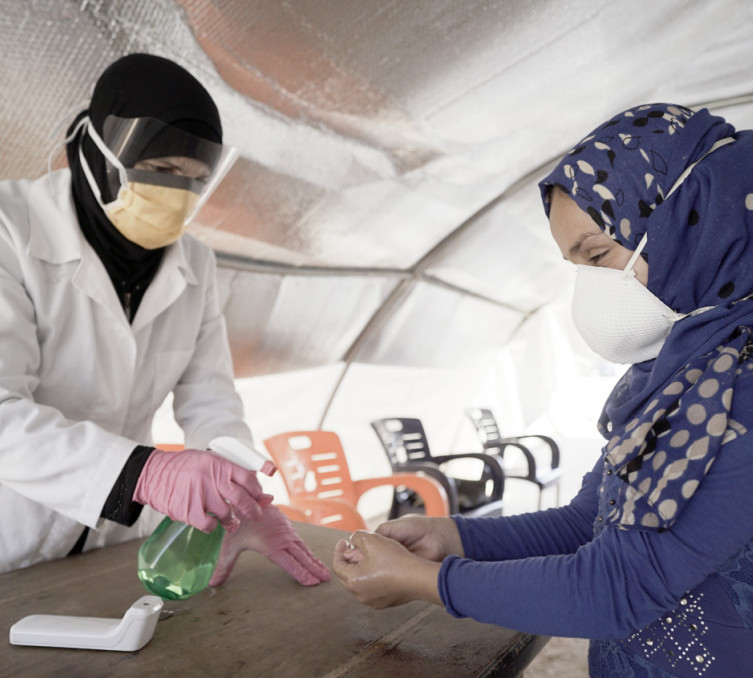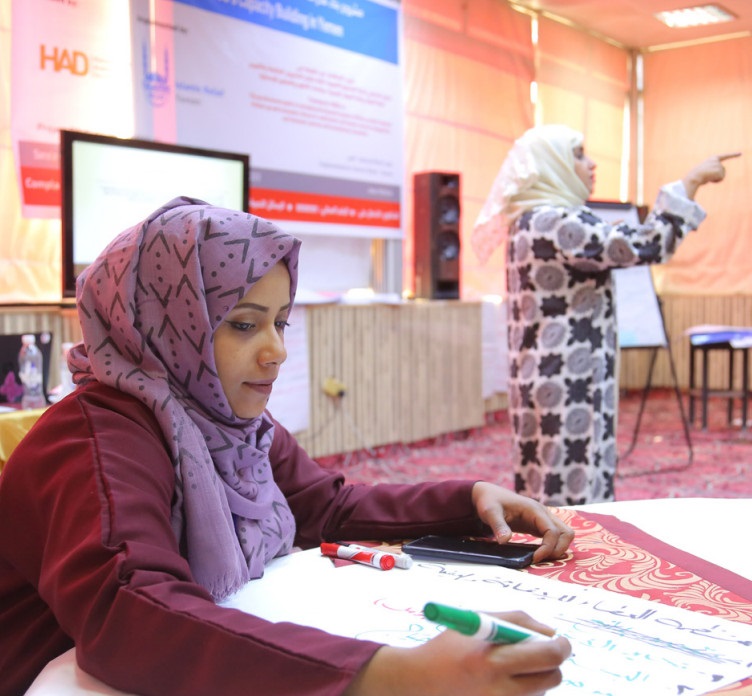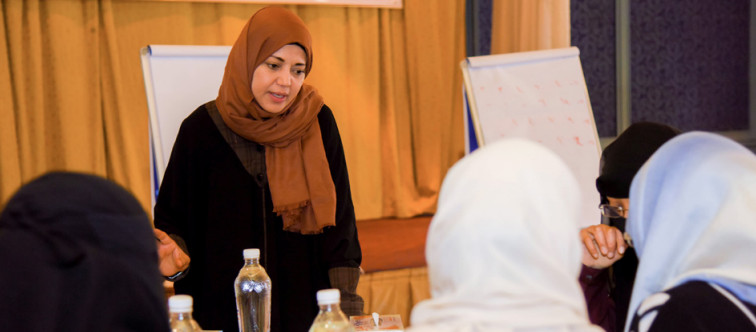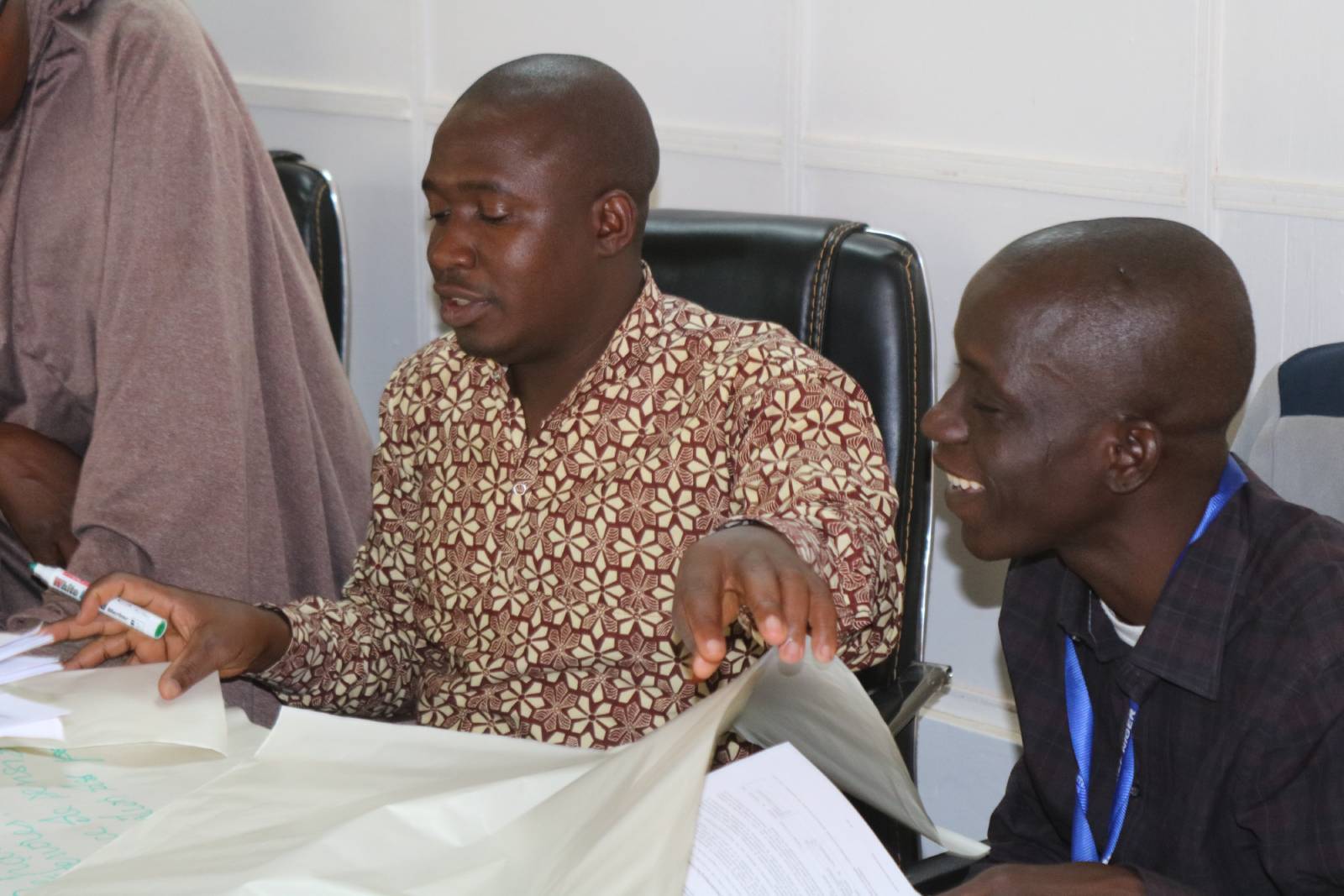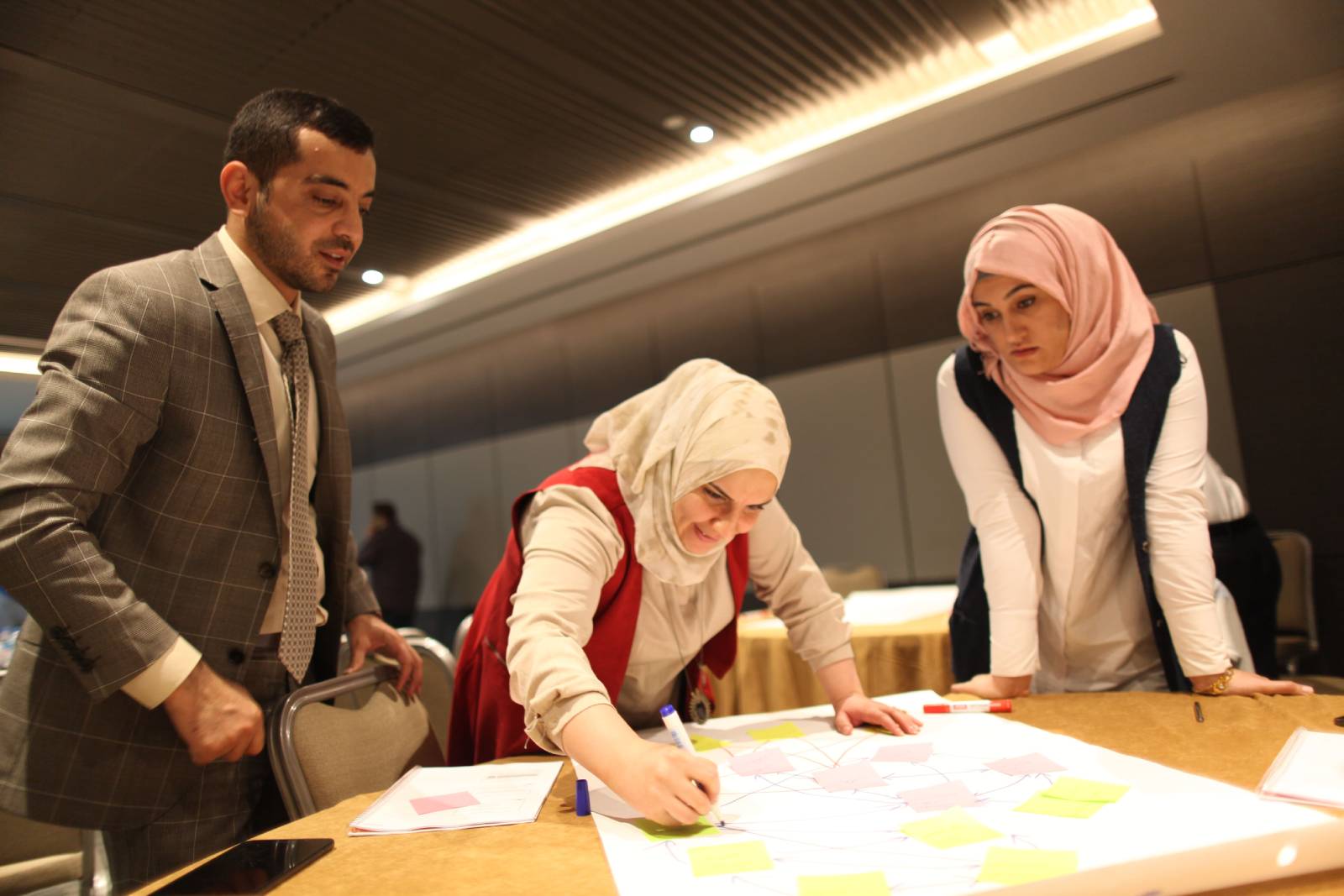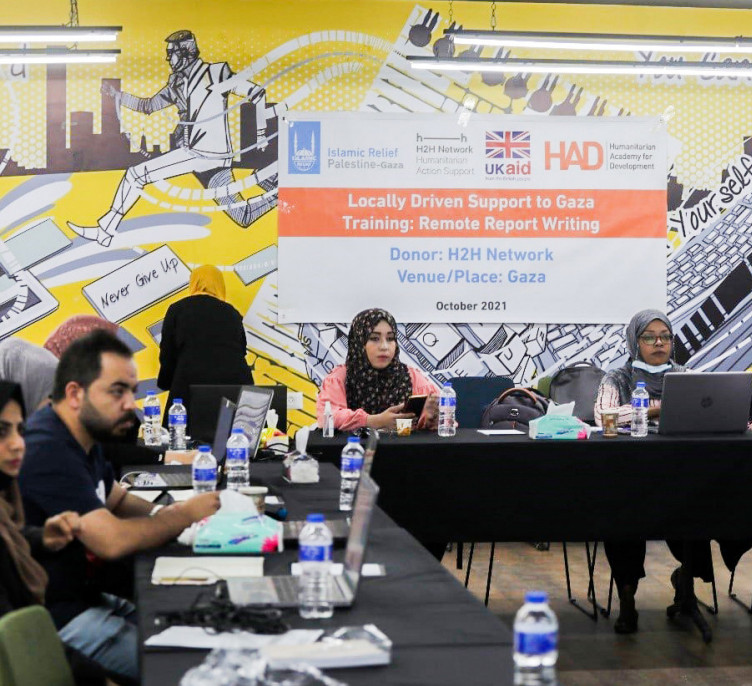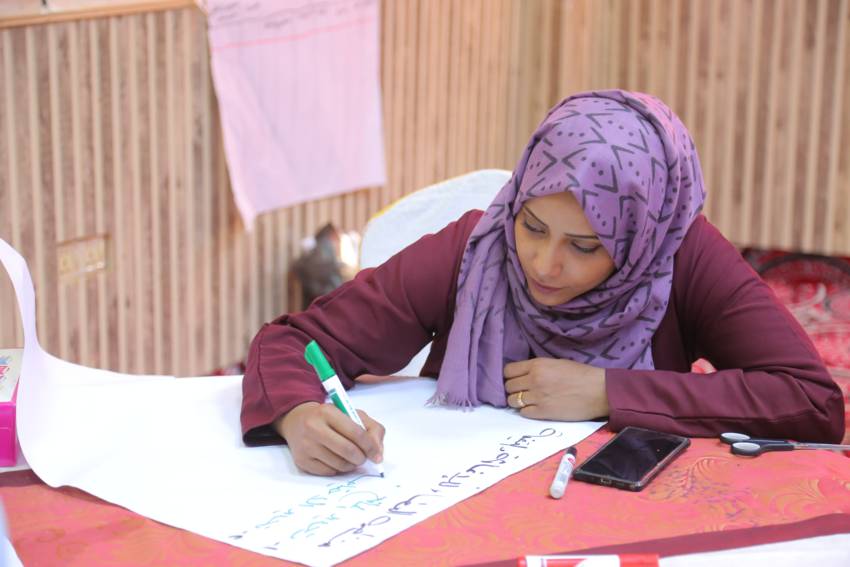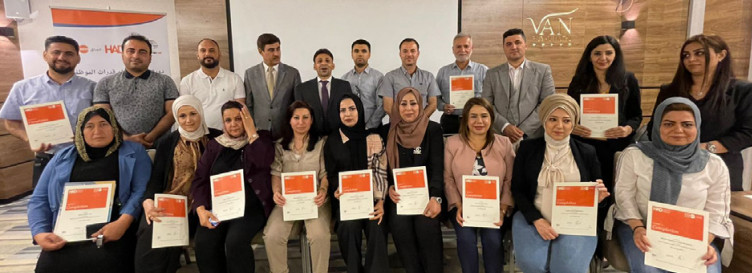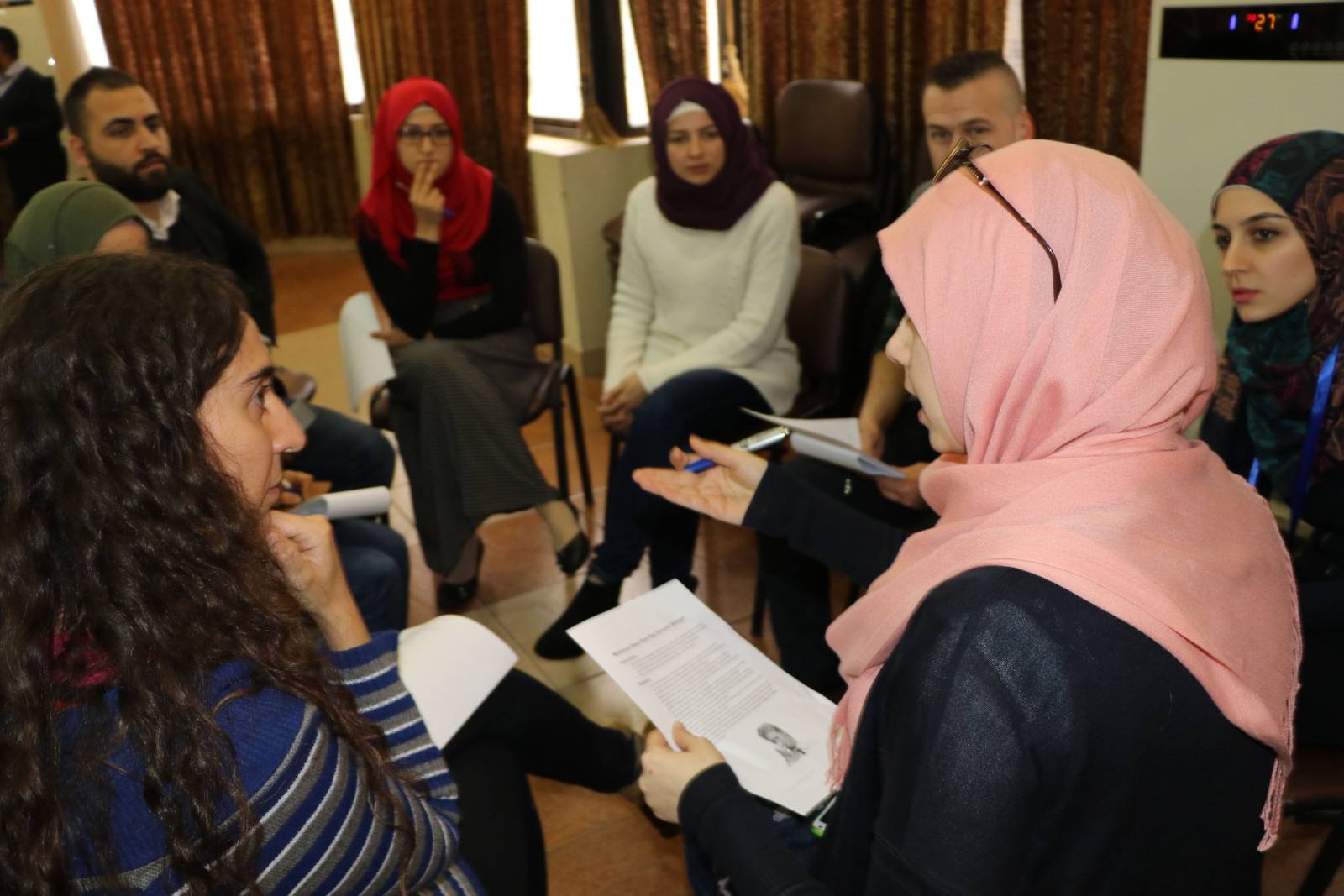Capacity building of local NGOs supporting Syrian Refugees
moh2023-07-31T06:50:37+00:00The project contributed to alleviating the suffering of Syrian people by ensuring needed and quality service is delivered. It aimed at building the capacity of NGOs serving Syrian refugees by preparing trained and well-qualified staff to fulfil their roles in an effective and efficient manner. A detailed training needs assessment was conducted in Gaziantep, Turkey via a survey questionnaire, focus group interviews, one to one interviews, and telephone interviews. A total of 90 organisations participated in the TNA representing 239 individual responses. The findings provided the project with the direction and platform of what intervention was needed and required. 10 face-to-face [...]


